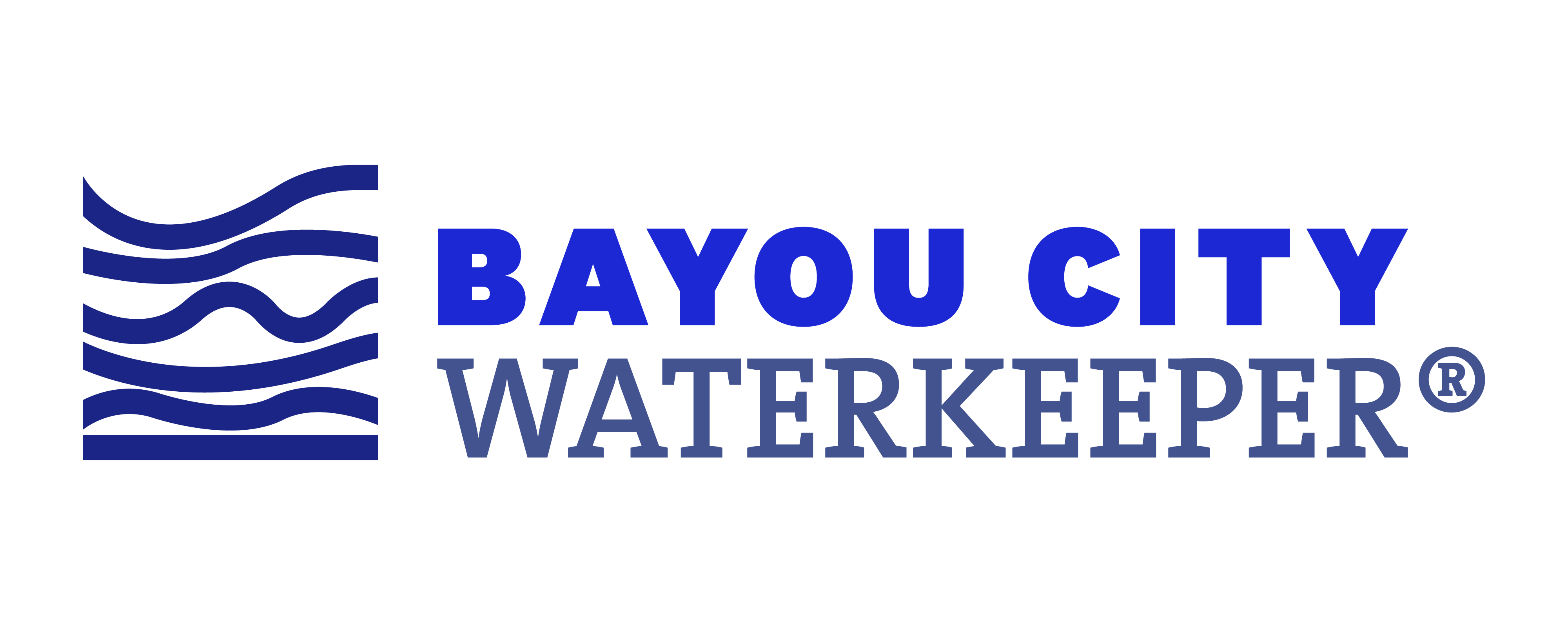By: Jenny Park – Summer Fellow (Leadership Rice Mentorship Experience)
Background
Much of Bayou City Waterkeeper’s work with wetlands focuses on using the Clean Water Act to protect the over development of wetlands. With rising sea levels, it is vital to protect Houston’s Galveston Bay Watershed, which comprises about 120,000 acres of coastal and freshwater wetlands that serve as natural protection from climate disasters. In addition to serving as flood protection, wetlands are one of the Earth’s most productive ecosystems with incredibly important habitats with their biodiversity. They also control shoreline erosion by capturing and slowing down water flow and purifying our water and air quality, serving as carbon sinks. From an economic perspective, wetlands support our fishing and shellfishing industries with nearly all the commercial catch and over 50% of the recreational harvest being from coastal wetland systems for the Southeast. From a health perspective, studies show positive impacts of how spending time in wetland fields contributes to better wellbeing, stress levels, and mental health.
Water Quality & Protection
Wetlands serve as natural sponges and can hold very large amounts of water, which is vital for when there is large rain and flood waters from storm events. One-acre wetland is cited to store 330,000 gallons of water to a depth of one foot. Their ability to capture and slow down the movement of water in this capacity helps protect our homes and local communities by lowering flood waters and reducing erosion.
Wetlands trap sediments, remove pollutants, and detoxify chemicals that flow into waterways from roads, developed areas, industrial sites, and agricultural lands. Pollutants include soil particles, fertilizers, pesticides, oil from cars and trucks, and road salts. As much as 90 percent of these sediments that are present in runoff or streamflow can be removed if the water passes through a wetland and its dense vegetation. Wetlands play an important role in protecting our homes and filtering our water, preventing harmful nutrients and chemicals from entering our bays, rivers, and beaches.
Air Quality
Wetlands also improve our air quality by serving as carbon sinks. The U.S. Global Change Research Program estimates that terrestrial wetlands in the continental United States store a total of 13.5 billion metric tons of carbon. Freshwater inland wetlands, thanks to their scale, hold about ten times more carbon than tidal coastal wetlands. With wetlands holding large amounts of carbon, they must be protected as carbon sinks and to prevent the carbon stored in that wetland from being released. When wetlands are disturbed or warmed, they release three greenhouse gasses that contribute the most to global warming: carbon dioxide, methane, and nitrous oxide. In order to protect wetlands, best practices are to reduce wetland drainage and other land/water management practices, control fires in wetlands, allow for natural revegetation or restore diverse vegetation, and control harvesting and other practices that damage wetlands.
Mental Health
Wetlands contribute to mental and social well-being. There are mental health benefits to experiencing nature and its therapeutic value, ecotherapy. Nature-based health interventions (NBIs) are increasingly utilized to treat poor mental health. A 6-week intervention study studied wetlands and their relationship as NBIs in managing anxiety and depression, showed significant improvements in mental health across factors such as managing anxiety, stress, and emotional wellbeing. The participants shared that wetlands provide a sense of escape from the participants’ typical environments, which promoted relaxation and reduction in stress levels. Additionally, participants had improved physical health and reduced social isolation. Wetland staff knowledge of nature, transportation, and group organization efforts also played a role in the success of the health intervention – something we should consider when promoting wetland engagement to the community.
Wetlands & Human Health
Until the mid-twentieth century, wetlands were perceived as problem areas and viewed as places to drain and fill for development or mosquito control. Wetland related diseases mentioned in research aim to resolve the potential conflict between managing wetlands for their values and managing them for positive human health outcomes. The study mainly refers to mosquito-borne viruses from the USA and Australia with the dual aim of managing disease while maintaining and restoring wetland function, especially vital to our planet with climate and sea level changes. For other diseases like schistosomiasis and cholera with examples in Africa and Bangladesh, research recommends focusing on managing human behavior: reducing human-water contact and changing behavior in the water to lower the risk of these diseases.
The argument for protecting wetlands strengthens when we consider the negative health impacts that occur when wetlands are polluted with heavy metals, pathogens, or pesticides, which create a health risk when human populations interact with these habitats. In one example, concentrations of heavy metals receiving wastewater in Rwanda were found in wetlands, posing a health hazard. Therefore, it is important to manage the negative risks of wetlands that can be caused when they are polluted as well as protecting their many benefits for our water, air, and mental and physical health.
